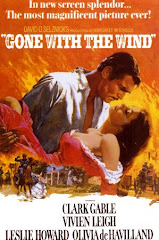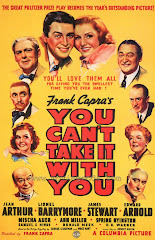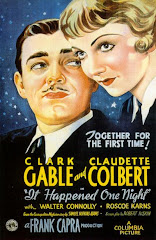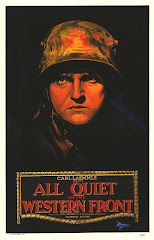Cast: Paul Muni, Joseph Schildkraut, Vladimir Sokoloff, Henry O’Neill
Genre: Drama
Other Nominees: The Awful Truth, Captains Courageous, Dead End, The Good Earth, In Old Chicago, Lost Horizon, One Hundred Men and a Girl, Stage Door, A Star is Born
As the film opens a legal statement appears on screen telling us that this is a fictional story and that the persons and events portrayed here are not based on actual people and events. This confuses me because from the brief research I have done the majority of events portrayed do appear to have happened in the life of Emile Zola. Of course I am accepting that some artistic license was employed when making the film but, at the risk of revealing some elements of the story to you, the following can certainly be said to be true:
- Emile Zola was a childhood friend of the artist Paul Cezanne and the two did live together in Paris.
- Zola was threatened by the police regarding the sordid nature of his books.
- He did go on to become one of the highest paid artists in Paris and had a falling out with Cezanne who believed that “artists should remain poor”.
- He did get directly involved in the Dreyfus Affair, coming to publically support a man wrongfully sentenced to life imprisonment on Devil’s Island, and to brazenly accuse the highest level of the French Army of obstruction of justice and anti-Semitism.
- He was brought to trial on the grounds of criminal libel, convicted and sentenced to one year in prison and removed from the Legion of Honor.
So I am not sure where it is that the movie strays so wildly from reality but perhaps the legal warning is just there as a precaution.
Paul Muni is the actor who portrays Emile Zola from his penniless days in a frozen attic shared with Cezanne, through his lethargic wealthy days when his political beliefs were assuaged by comfort and food, to his rebirth as an activist with his defense against a great injustice.
The injustice in question is the Dreyfus Affair, a political scandal that divided the French people in the 1890’s. Alfred Dreyfus was a young French officer who was wrongly convicted of smuggling military secrets to the German embassy and sentenced to life imprisonment. Two years into his sentence evidence is found that identifies a second officer, one Ferdinand Esterhazy, as the culprit and points to Dreyfus’ innocence. But unable to accept that the administration made an error the high ranking officials in the army hide the evidence and acquitted Esterhazy, leaving Dreyfus to rot in prison.
When the evidence found its way to Emile Zola he abandons his wealthy lifestyle and his activism is re-ignited. He famously prints a scathing attack on the army on a local newspaper entitled “I accuse”. Thus begins his personal quest to free Dreyfus and right this wrong. He states that:
Not only is an innocent man crying out for justice, but more, much more… a great nation is in desperate danger of forfeiting her honor!
The courtroom scenes are by far the most riveting of the movie with the administration clearly pulling out all stops to cover up its crime. There is perhaps the first great example of a courtroom speech being made by Emile at the end of the farcical proceedings when he states that he has accomplished his mission simply by appearing in court for even if he is found guilty “what does it matter if an individual is shattered - if only justice is resurrected?”
This is a heroic story of a man who forsakes his wealth and success in the name of truth. To Zola truth is a powerful force and once it is “on the march… nothing shall stop it.” I think it is a very worthwhile watch, especially if you are interested in French history or in Parisian culture.
 Paul Cézanne. Paul Alexis Reading to Emile Zola. c. 1869-70. Oil on canvas. Museu de Arte de Sao Paolo Assis Chateaubriand, Sao Paolo, Brazil.
Paul Cézanne. Paul Alexis Reading to Emile Zola. c. 1869-70. Oil on canvas. Museu de Arte de Sao Paolo Assis Chateaubriand, Sao Paolo, Brazil.Next Up: You Can't Take It with You



















































No comments:
Post a Comment